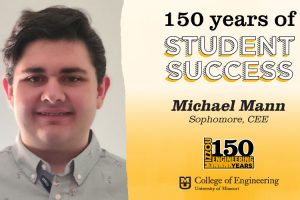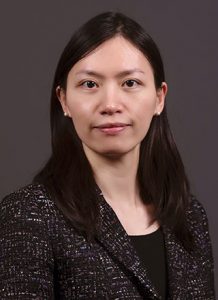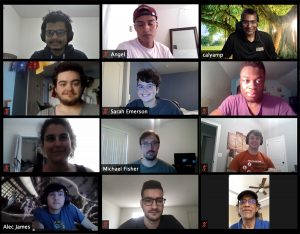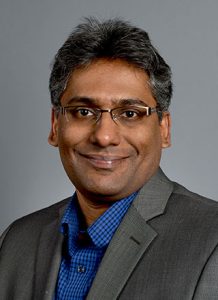
March 28, 2022
150 Years of Student Success: S-STEM Scholar Cyrus Loar
Learn how first-year student Cyrus Loar benefits from being part of the S-STEM Scholar Program in Civil and Environmental Engineering at Mizzou.

March 17, 2022
150 Years of Student Success: S-STEM Scholar Eric Day
S-STEM Scholar freshman Eric Day thinks his science and math skills match well with an engineering degree. Learn why he feels Mizzou Engineering and its community is a good fit for him and his future.

Feb. 23, 2022
150 Years of Student Success: S-STEM Scholar Andrew Bush
As part of the 150th anniversary of our incorporation as a College, we are highlighting outstanding students including those in the Civil and Environmental Engineering S-STEM Scholars Program.

Feb. 16, 2022
150 Years of Student Success: S-STEM Scholar John Powell
As part of the 150th anniversary of our incorporation as a College, we are highlighting outstanding students including those in the Civil and Environmental Engineering S-STEM Scholars Program.

Feb. 8, 2022
150 Years of Student Success: S-STEM Scholar Michael Mann
As part of the 150th anniversary of our incorporation as a College, we are highlighting outstanding students including those in the Civil and Environmental Engineering S-STEM Scholars Program.

Oct. 1, 2020
Detecting Deepfake Photos, Videos with a Computerized Brain
Imagine seeing yourself in a photo or video that was never taken, with your head possibly appearing on another person’s body. You’re likely a victim of a deepfake cyberattack — where cyber attackers expertly alter images and videos shared on a social media platform to fool people into believing what they are seeing is true. Lin As these attacks become more sophisticated in nature, stronger detection methods and quicker responses are needed to counteract the threats. This type of digital deception could lead to a wide range of issues, including the destruction of personal privacy, such as stealing someone’s likeness…

July 31, 2020
Undergraduates Conduct Research Through Mizzou REU
They analyzed data from medical records. Studied the impact of virtual learning environments. And came up with ways to better detect fake videos. In the end, participants of this year’s Research Experiences for Undergraduates (REU) program at Mizzou Engineering gained a deeper appreciation of research and how it applies to everyday life

July 22, 2020
SFS Scholarship Provides Full Funding, Access to Top Researchers
Students selected for a prestigious SFS scholarship at Mizzou Engineering will have the opportunity to study with some of the top minds in cyber security, information technology and data analytics.

July 22, 2020
NSF Project to Advance Edge Computing
Edge computing has the potential to make our computers and devices run smarter and faster. Right now, though, the technology is in its infancy and not ready for prime time.

June 18, 2020
Mizzou Team to Use AI to Grow Carbon Nanotubes in Mass Quantities
A team of Mizzou Engineers is turning to artificial intelligence (AI) to help grow and control large quantities of carbon nanotubes—tiny, cylinder-shaped molecules made of rolled sheets of carbon. Using AI is a novel approach to mass producing them, a problem that has plagued scientists for decades. Now, the National Science Foundation is backing the idea with an award funding the group’s research for three years.